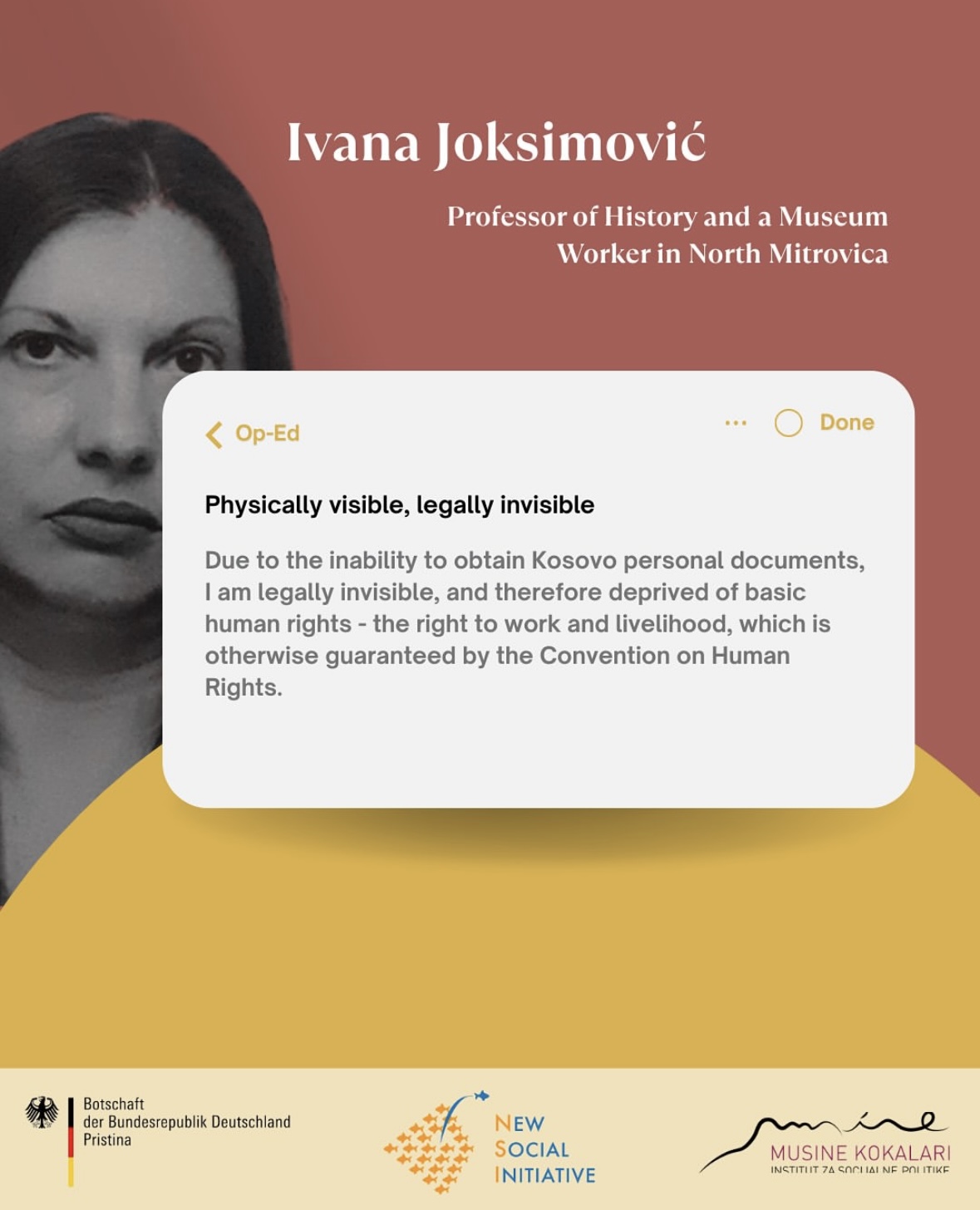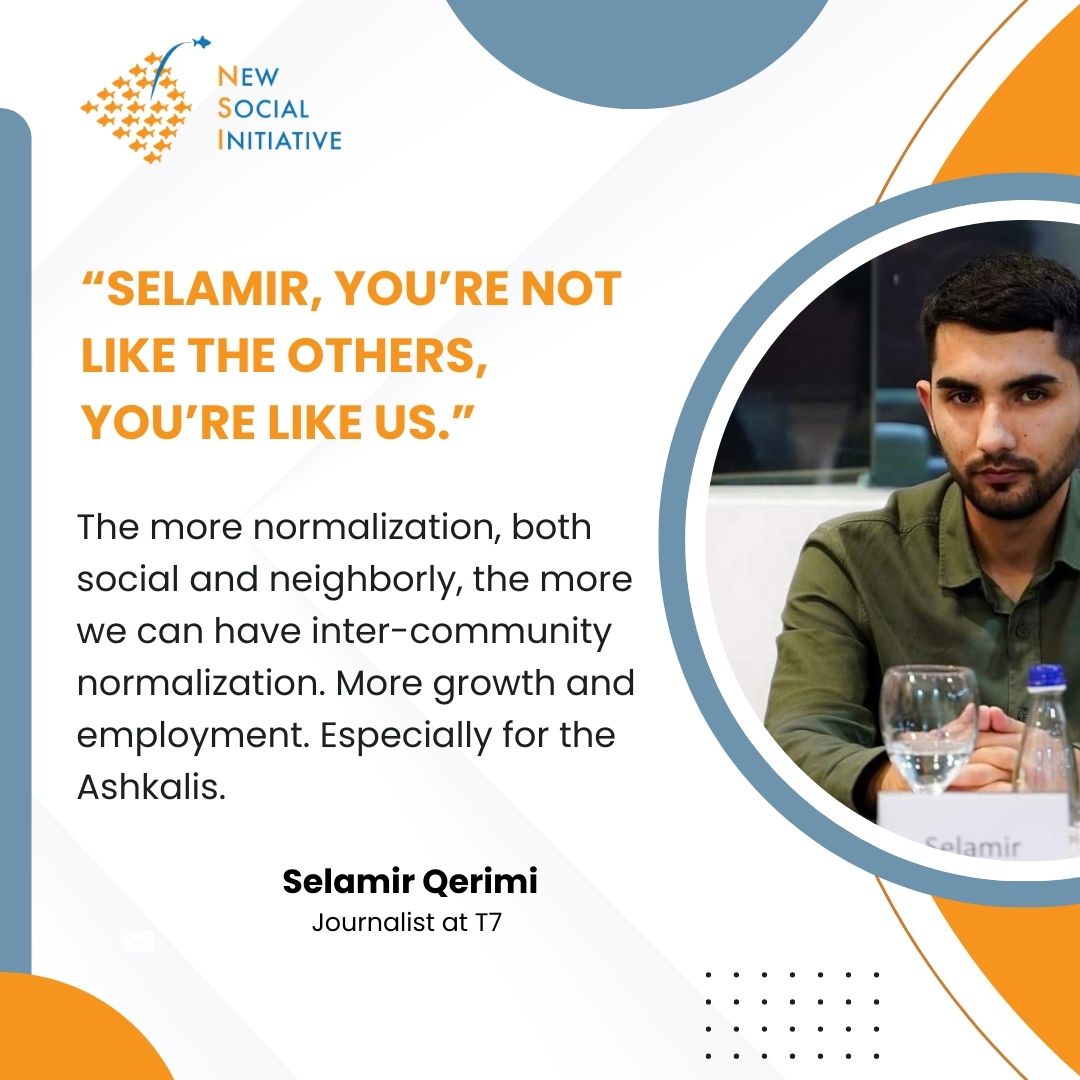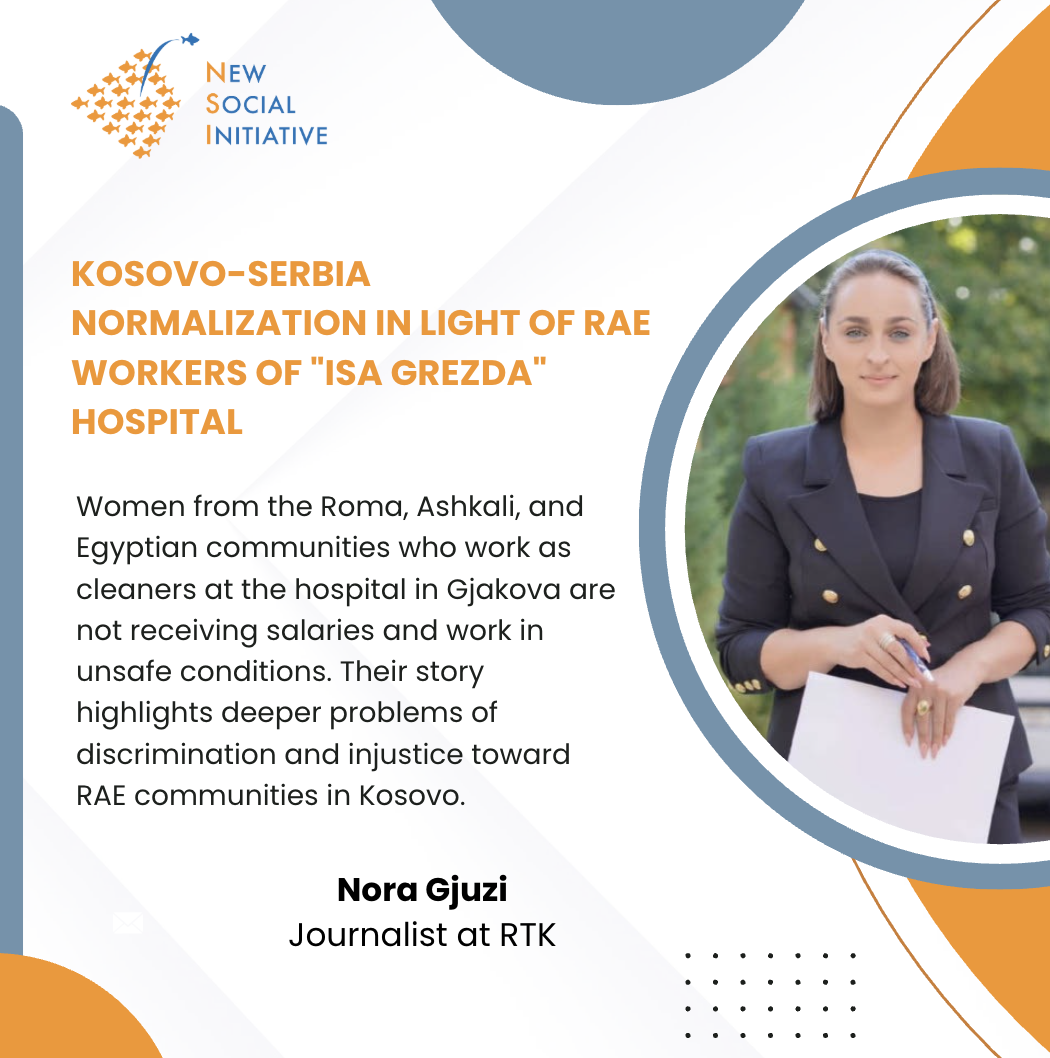After months of counting votes, the affair “poison” and tense coalition negotiations between the two parties that won the biggest number of votes, Kosovo has got a new prime minister – the leader of Self Determination Party, Albin Kurti.
The new Kosovo prime minister is perceived differently by the Serbian and the Albanian public. While the Serbian public considers him to be a radical leader whose campaign is based on nationalist and populist statements and hostility towards Serbia, the Albanian public hopes that he can make life better and that ”he will defend their interests in Kosovo’’ during the dialogue between Serbia and Kosovo.
After years spent in opposition, Kurti rise to power begins. That’s why there are people who are not sure whether he will bring significant changes in Kosovo society, or that he will only continue the discourse of political leaders before him.
There are a lot of comparisons between Albin Kurti and Serbian president Aleksandar Vucic. Namely, some people believe that both Kurti and Vucic will make a political turnaround and that they will change their political actions after coming to power.
The question is whether he will meet the expectations of its voters or not. In the first few days after the election, Albanian intellectuals in Kosovo may get disappointed when it comes to his determination to fight for what he has promised.
This is primarily seen in the fact that Agim Veliu, deputy leader of the Democratic League of Kosovo has become a Minister of the Interior and he is known for corruption. He’s got his longstanding promises to fight corruption stained by this fact.
However, the first tests he had to pass were related to the Serb community in Kosovo. Members of Self Determination Party kept repeating in public that they would never sit at a table with representatives of the Office for Kosovo and Metohija. But soon after the election, a photo of Kurti’s Self Determination Party representative, Xhelal Sveçla, and the director of the Office for Kosovo and Metohija, Marko Đurić, appeared in public.
This photo quickly went viral on social media. Under normal circumstances, it would not be strange for two politicians to talk, but the public perception of the photo was negative, precisely because of Kurti’s earlier statements.
The second challenge was related to his statement about ministers from the Serbian community in Kosovo. After the elections, Albin Kurti stated that he didn’t want the Serb List in the Government and announced that he would negotiate with members of other parties from the Serb community.
On the other hand, it is a constitutional obligation that one of the ministers from the Serb community must be from the party that has the biggest number of votes among Serbs. At the Kosovo Assembly session, when the new government was approved, Kurti announced the names of two ministers from the Serb List. It remained unclear whether that decision was a gesture of goodwill and the beginning of his cooperation with the Serb List, or the result of pressure by the international community.
At the aforementioned Kosovo Assembly session, when MPs voted on the composition of the new Government, it was possible to conclude that Kurti’s term wouldn’t be easy at all. The opposition showed that it wouldn’t spare Kurti, and immediately hit him where it hurt most and tackled him about his “patriotism”. Among other things, Kurti was criticized for the fact that he’s got Albanian flag, rather than Kosovo’s flag in his office.
In addition to doubts about Kurti’s personal capacity in running the new government, there are objective obstacles that he can face in the first few days of his term. The fact that Hashim Thaçi is still the president of Kosovo can make Kurti’s rule much more difficult. This also applies to the possibility of continuing the dialog with Belgrade. From this point of view, it is difficult to imagine that Kurti and Thaçi form Kosovo delegation together. However, we can’t say that it can never happen, especially bearing in mind the miraculous powers of the international community and the fact that, in Kosovo, the impossible can become possible.
The fact that there is a large number of members of both Democratic Party of Kosovo and Alliance for the Future of Kosovo who work in Kosovo institutions is also an obstacle in the “premiership” of Albin Kurti, and the issues he will face in the coming period are taxes for goods from Serbia and pressures to abolish them, dialogue in Brussels, as well as the issue of Special Court for alleged KLA war crimes.
The (un)stability of the coalition between Democratic League of Kosovo and Self Determination Party is also an issue that has been widely discussed in public. There are opinions that indicate the need of both of these parties to maintain this government until the end of its term. For Albin Kurti’s Self Determination Party, it is a good opportunity to prove itself. For Isa Mustafa, it is his desire to end his career as the president of Kosovo.
These obstacles can make the work of the government difficult, but thanks to them, Albin Kurti can make excuses for failing to meet the expectations of its electorate.
Despite his mistakes, according to a lot of Albanians and Serbs, although Serbs do not admit it in public, Kurti should still be given a chance. We will see if he will prove himself.
If ”morning shows the day”, it could be said that Albin Kurti’s first moves did not meet the high expectations of voters.











